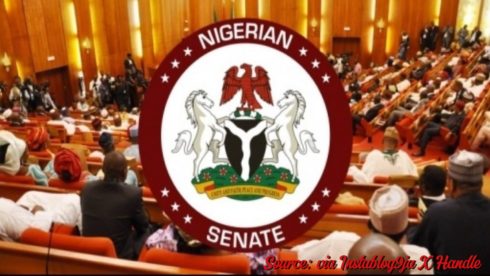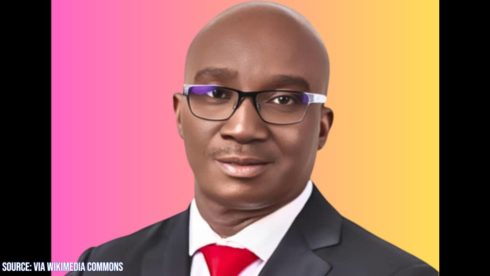On Wednesday, the Senate affirmed its alignment with the July 11, 2024, Supreme Court judgment, which granted full financial autonomy to the 774 Local Government Areas (LGAs) in Nigeria. The court’s decision was a landmark victory for local governments, ensuring their financial independence and reducing their reliance on state governments. However, the Senate expressed disapproval of the fresh moves by some governors to circumvent the ruling by enacting laws that require local governments to remit their allocations into a joint state-local government account.
One prominent example is the passage of the Local Government Administration Bill 2024 by the Anambra State House of Assembly. This bill has been widely condemned by civil society organizations and opposition parties, including Labour Party lawmakers. The critics argue that the bill is an attempt by Governor Chukwuma Soludo to compel council chairmen to channel their federal allocations back to the state, undermining the autonomy granted by the Supreme Court ruling.
Debate in Senate Over Enforcement of Supreme Court Judgment
At Wednesday’s plenary, the Senate resolved to support the full implementation of the Supreme Court judgment and called for an amendment to the 1999 Constitution to remove any legal barriers. The Deputy President of the Senate, Jibrin Barau, moved a motion to ensure compliance with the judgment. He was supported by fellow Senate members Abdul Ningi and Tahir Monguno. Barau emphasized the need for state and local governments to adhere to the court ruling and proposed constitutional changes to solidify the autonomy of local governments.
However, enforcing the judgment at the state and local levels remains contentious. A motion raised by Senator Tony Nwoye (LP, Anambra North) called attention to state governments’ attempts to bypass the ruling through local legislation. Nwoye, backed by nine other senate members accused governors of mandating LGAs to remit funds into the State/Local Government Joint Account, despite the Supreme Court’s ruling against this. A Senate members Adamu Aliero (PDP, Kebbi Central) countered that the judgment was already enforceable nationwide, arguing that further Senate debate was unnecessary. This led to a heated session that was resolved after an emergency closed-door meeting.
Opposition to Anambra’s Local Government Administration Bill
In Anambra State, opposition lawmakers and civil society groups have fiercely opposed the Local Government Administration Bill passed by the state assembly. Labour Party legislators argue that the bill violates the Supreme Court’s ruling by requiring local governments to remit a portion of their federal allocations into a state-controlled account. During a briefing, the Labour Party caucus, led by lawmakers such as Jude Umennajiego and Nkechi Ogbuefi, reiterated their support for the Supreme Court’s decision and condemned the bill as an affront to local government autonomy.
Civil rights groups have also voiced concerns about the bill’s implications. Dr. Ralph Uche, Executive Director of the Civil Rights and Liberty Organisation, described the bill as “anti-people” and a potential hindrance to grassroots development. Uche pointed out that the bill could deny local governments the necessary funds for effective administration, leaving communities without access to essential services. The bill’s controversial provisions, including sections 13, 14, and 16, have raised alarms over the future of local government administration in Anambra.
Oyo State’s Response and Awaited Recommendations
Meanwhile, in Oyo State, Governor Seyi Makinde has taken a more cautious approach. In response to the Supreme Court judgment, Makinde set up two committees—technical and legal—to review the implications of the ruling and provide recommendations. The governor has expressed concerns about the “constitutional lacuna” created by the judgment, suggesting that it could lead to administrative challenges at the local government level.
Despite the expiration of the committee’s six-week review period, the state government is still awaiting the final recommendations. Chief Press Secretary Dr. Sulaimon Olanrewaju clarified that Oyo State’s next steps would depend on the committee’s findings. Olanrewaju also noted that the Federal Government has not yet provided a template for implementing the judgment, which further complicates the situation. While some have accused Governor Makinde of attempting to obstruct the judgment, his administration maintains that it is focused on addressing the gaps in the ruling to ensure smooth governance at the grassroots level.
Table of Contents
Discover more from OGM News NG
Subscribe to get the latest posts sent to your email.














